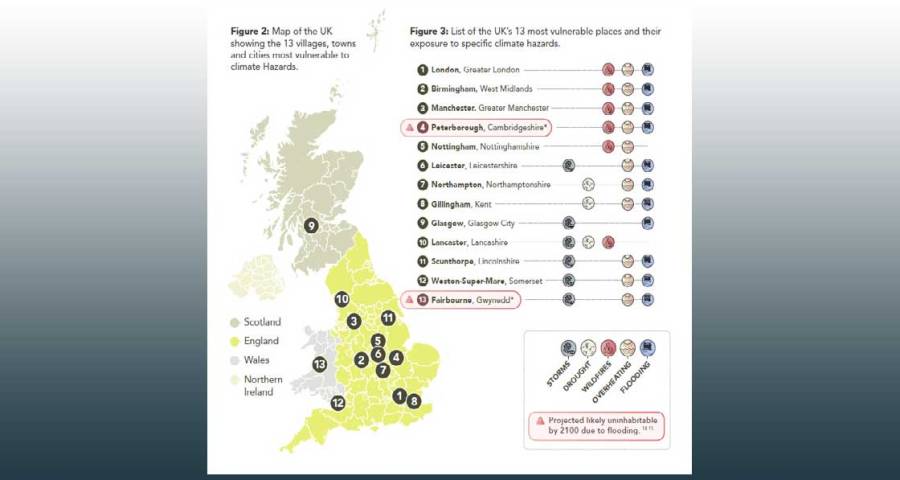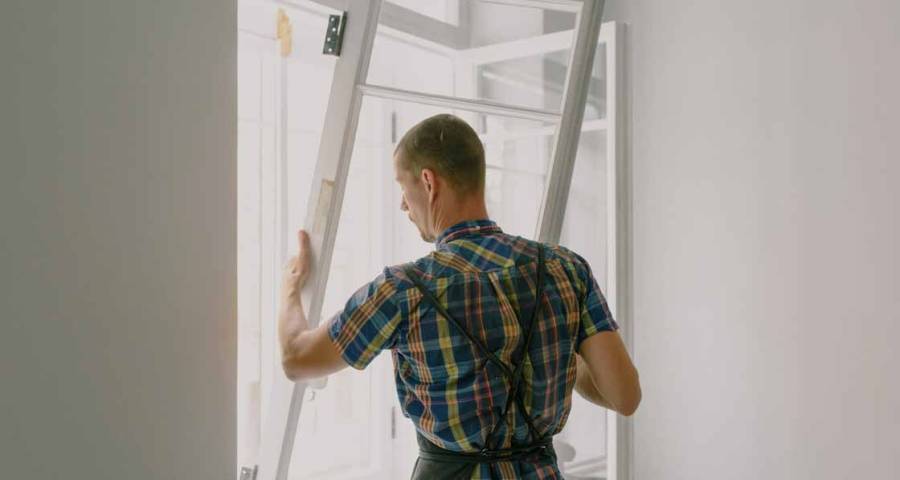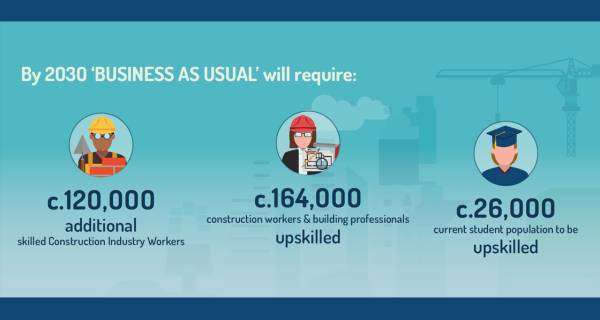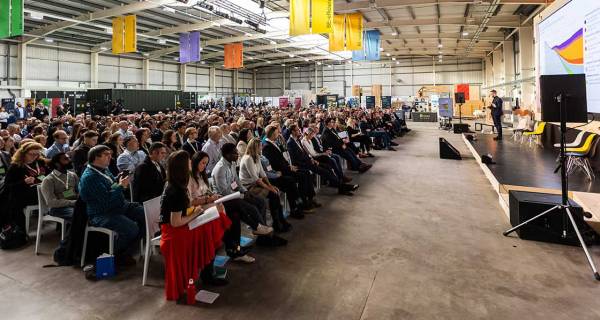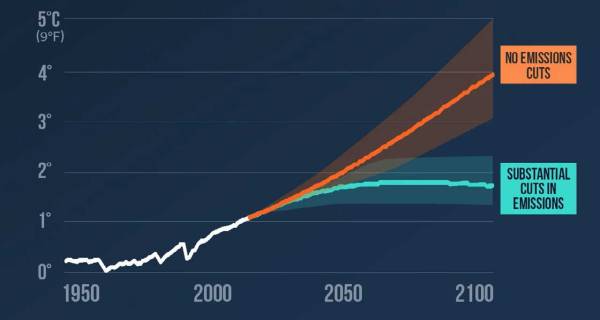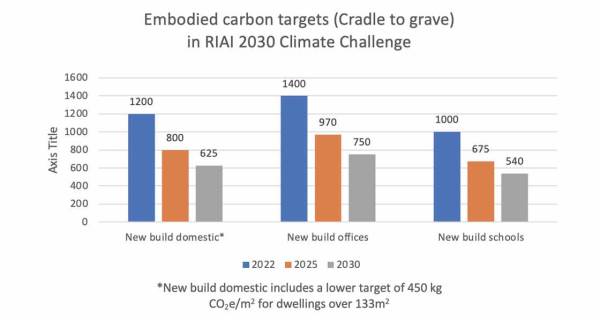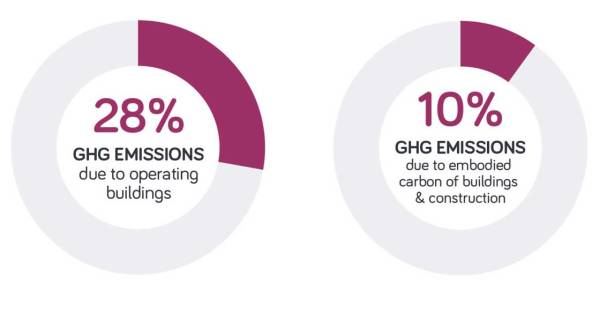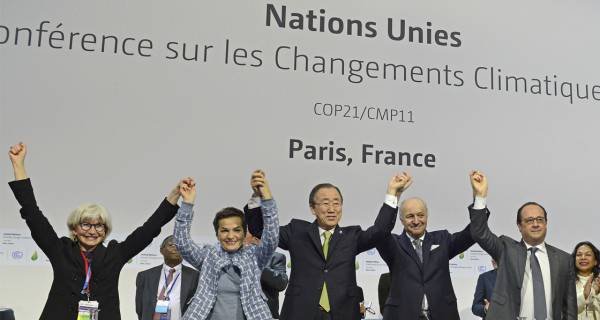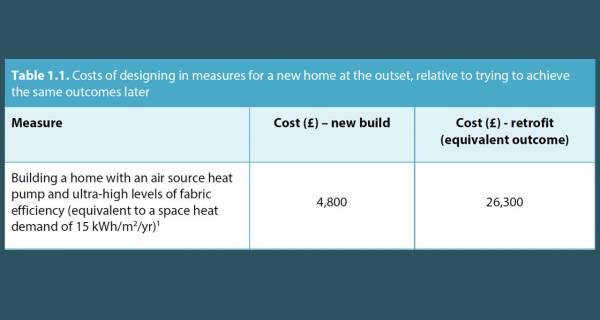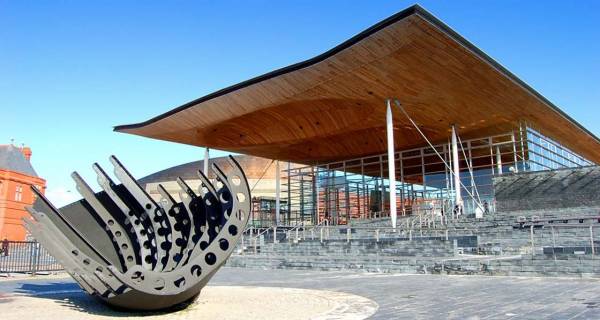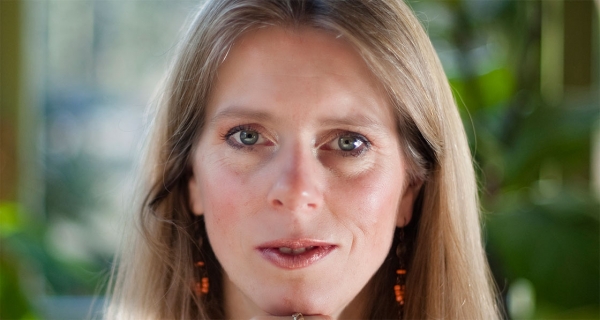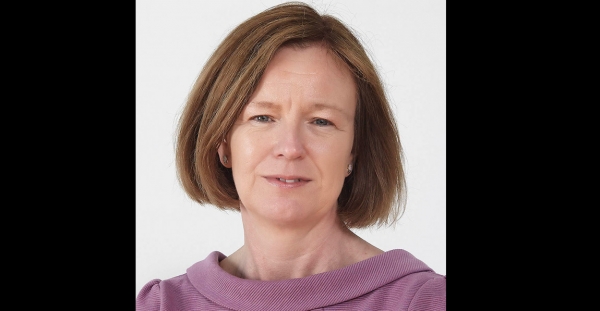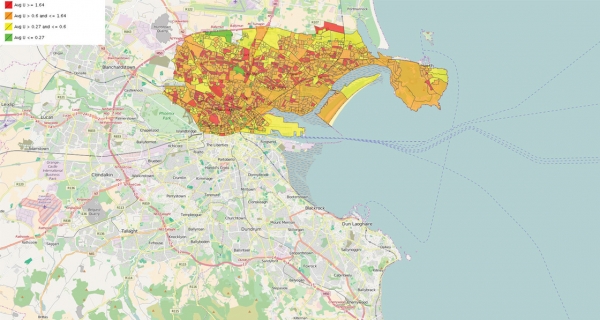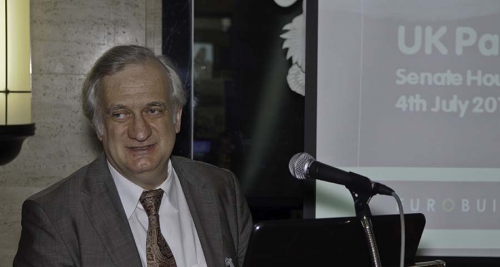Chartered Institute of Building urges VAT overhaul to encourage reuse and renovation
Ireland's climate targets threatened by critical skills shortage in sector
Research, led by Technological University of the Shannon, has identified significant skills and labour shortages in the built environment sector. The study highlights how this challenges Ireland in reaching its climate targets and points out possible solutions.
Property industry faces ‘triple threat’ from climate crisis
Decarbonising buildings “most important issue” – Climate Change Committee
Decarbonising buildings is “probably the most important issue” in the UK’s efforts to reduce greenhouse gas emissions, according to the UK’s independent authority on climate change.
‘Sufficiency’ key alongside energy efficiency & renewables, says IPCC
Latest climate report calls for more e� cient use of floor space in buildings
RIAI launches 2030 climate challenge
The Royal Institute of Architects of Ireland (RIAI) has launched its 2030 Climate Challenge, calling for urgent action to be taken by architects and the wider construction industry to tackle the climate emergency.
Architects call for urgent climate action ahead of COP 26
Ahead of the Built Environment Summit (28-29 October) and COP26 (1-12 November), the Royal Institute of British Architects (RIBA) and Architects Declare have published a report demonstrating the critical role the sector must play in reducing greenhouse gas emissions.
Campaign launched to tackle whole-life environmental impact of buildings
On the five-year anniversary of the adoption of the Paris Agreement, the Irish Green Building Council (IGBC) launched a campaign to decarbonise Ireland’s built environment across its whole life cycle. The campaign is backed by Passive House Plus.
Bringing buildings into the circular economy
Embodied carbon is the next great challenge for the building sector. For the group’s latest update, Marion Jammet of the Irish Green Building Council discusses initiatives underway at both Irish and European level to further cut the carbon footprint of the built environment.
Housing ‘race to the bottom’ bad for climate & quality — energy expert
The pressure to build large volumes of additional housing in response to the housing crisis is driven by false logic and risks undermining both the quality of new homes and UK carbon targets, according to Richard Tibenham, lecturer in building physics at the University of Lincoln and director of Greenlite Energy Assessors.
New housing should be to passive house standard — Climate Change Committee
The UK’s official climate change advisor has called on the government to tighten energy efficiency standards for new housing to bring them down, or close to, passive house standard.
Wales votes to cut emissions 80%
The Welsh assembly has voted through new legally-binding carbon emissions targets for the country. The targets bind the country to reduce emissions by 80%, relative to 1990 levels, by 2050.
19 major cities commit to zero carbon buildings
London has joined 18 other cities around the world, including Paris, New York and Tokyo, in a landmark commitment to make all new buildings “zero carbon” by 2030. Regulations and planning policy will also target existing buildings to make them net-zero carbon by 2050.
UN advocates passive house in latest carbon emissions report
Report author Prof Diana Ürge-Vorsatz praises “fantastic” Dún Laoghaire-Rathdown passive house policy
It’s in Ireland’s interest to tackle climate change — EPA director general
Ireland has particular vulnerabilities to climate change and has a very strong stake in ensuring that global action on reducing carbon emissions is effective, according to Laura Burke (pictured), director general of the EPA.
Study: 75% of housing stock needs A2 upgrade by 2050
75% of the housing stock will need to be upgraded to A2 BERs by 2050 if Ireland is to hit its 80% CO2 emissions reductions target.
Construction sector commits to big carbon savings at COP21
The UK Green Building Council has come together with Green Building Councils from around the world to publish a series of commitments from the private sector that would result in massive carbon savings from buildings and construction.
Passive House Institute founder calls for action on climate change
Passive house pioneer Prof Dr Wolfgang Feist has welcomed the publication of the latest IPCC climate change report, and called for urgent action to reduce emissions.
Engineers urge government to act on climate change

Ireland risks social and economic disaster from climate change unless the government takes urgent action, according to the Irish Academy of Engineers.
In a new report the group says delivering critical infrastructure must be prioritised, otherwise the country risks polluted drinking water, extensive flood damage and power blackouts.

